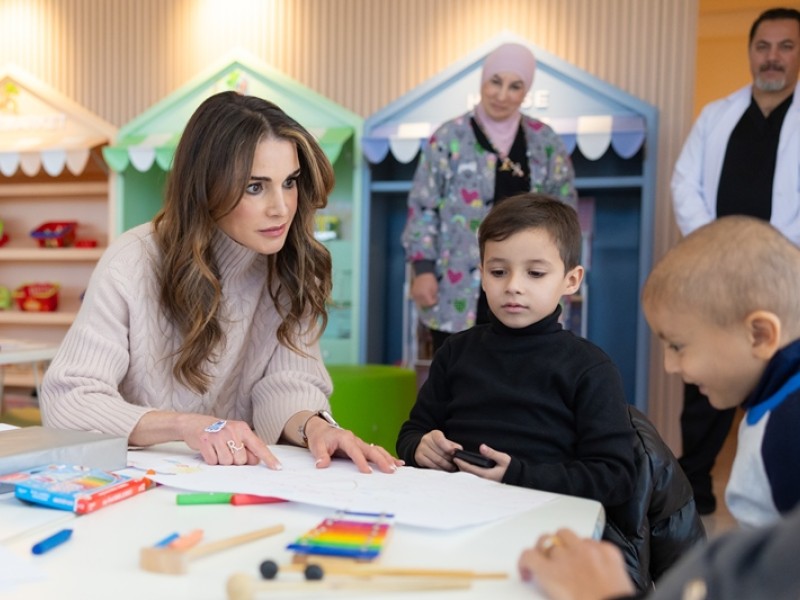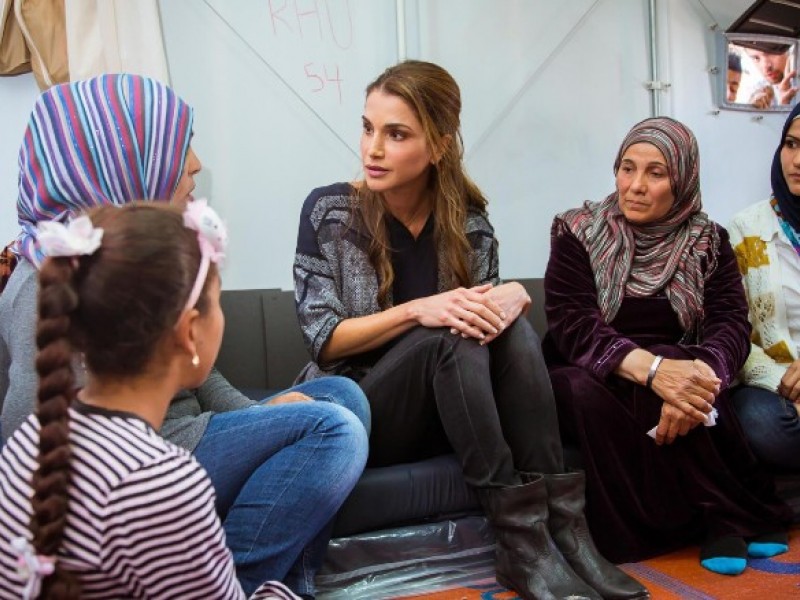Morocco - The Next Day…

The following morning work began.
Morocco, like Jordan, understands the importance of educating girls. We know that if you get girls into schools and keep them there, you can change the course of a nation because the benefits ripple through society in the form of healthier families, reduced child and maternal mortality, enhanced economic productivity, and greater protection from HIV/AIDS. A decade ago, primary girls’ enrollment in Morocco was less than 50%; today it’s more than 80%, and is on track to achieve universal primary school education, as per the MDGs, by 2015. This is due to the progressive and bold leadership which inspired the National Plan of Action for Children, which includes several initiatives such as literacy projects and non-formal education campaigns - ensuring that none of Morocco’s children are left out of the educational loop. Among the objectives of the plan is the elimination of child labour, and an education campaign to change cultural attitudes and practices towards it. And those goals are being realized. At the start of 2005 alone, more than 600 children, 80% of them girls, were relieved from working…thankful to be closing factory gates for the last time, and opening classroom doors for the first time. I was fortunate to accompany Lalla Salma, and UNICEF officials, to the Mohammad Tahiri Primary School in Fez to meet some of the young girls who have been rescued from carpet-weaving factories and reintegrated into formal schooling. I spoke with one bright and spirited little girl called Khadija who is 10 years old – almost the same age as my eldest daughter, a fact that made her story all the more poignant. When she was 6, her small fingers wove strands of wool endlessly into carpets. For 12 hours a day, with little food and water, breathing in dusty air, Khadija stood weaving, and was hit if she got tired and tied a knot incorrectly. Her face lit up with relief and happiness as she told me about how she now spends her time reading, writing, and playing with friends…how she doesn’t think any young girl should have to work…and how she wants to be a Doctor when she’s older. Now, the Moroccan Government is working hard to ensure that more girls like Khadija get a second chance at childhood, and are given basic health, education, and dignity- the right of every child.
مواضيع مختارة
موقع جلالة الملكة رانيا العبدالله الرسمي
هذا الموقع الإلكتروني لا يدعم متصفحات الإنترنت القديمة. الرجاء تحديث متصفح الإنترنت إلى نسخة أحدث من إنترنت إكسبلورر 9
متصفح الإنترنت الذي تستخدمه قديم. لتحسين مستوى الأمان عند تصفح مواقع الإنترنت و مشاهدتها بالشكل الصحيح و بفعالية افضل قم بتحديث متصفح الإنترنت الخاص بك



